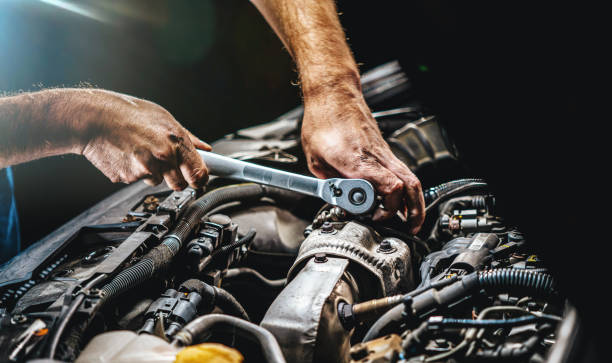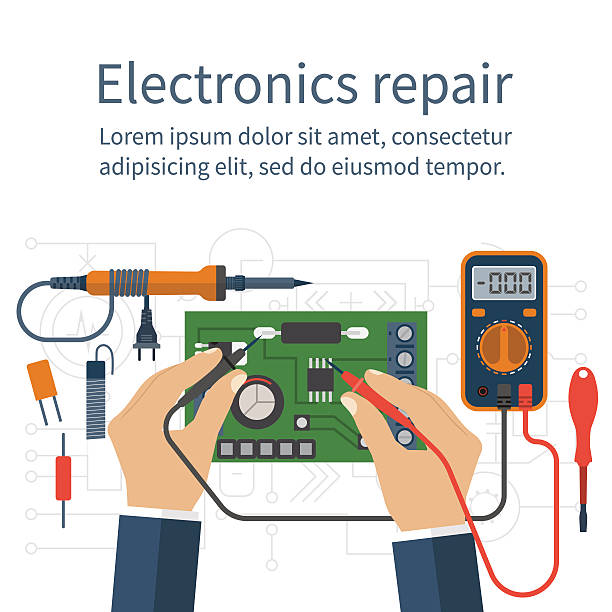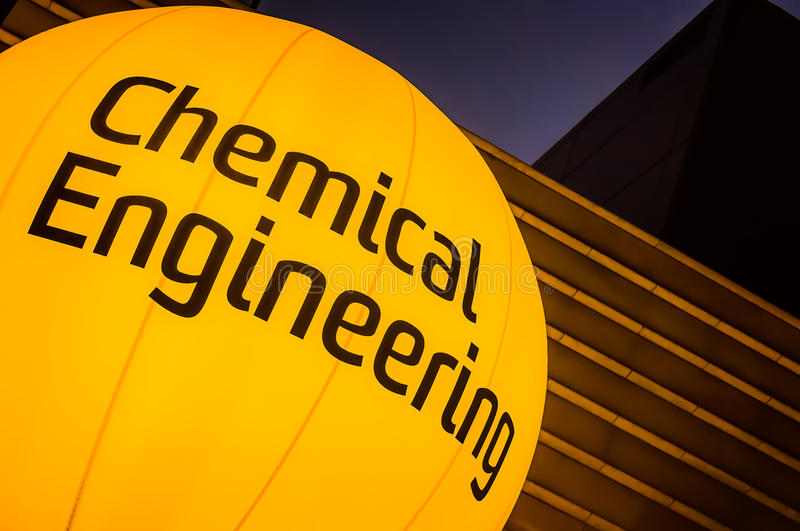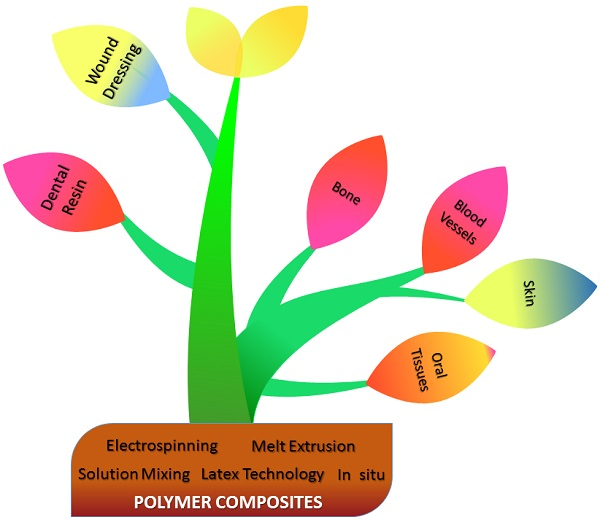Mon-Sat 9am-7pm













Chemical Engineers design and develop processes that transform the physical and chemical state of a substance, suiting commercial applicability. It ranges from improving food processing to fertilizers to even the clothes we wear. Modern-day chemical engineers also work on pioneering concepts like nanotechnology. A specialization in chemical engineering, petroleum engineering, deals with optimizing the extraction of oil and gas from the surface of the earth. Petroleum engineers implement methods that maximize the extraction of hydrocarbons efficiently with the least environmental repercussions.

A petrochemical engineer is involved in designing means and mechanisms for excavating and digging up crude oil and gas from the earth. A petrochemical engineer's role includes a lot of involvement in chemical engineering phenomena like heat transfer, fluid dynamics, thermodynamics, etc.
A petroleum engineer is involved in the process of extracting oil and natural gas from reservoirs. They may be drilling engineers, production engineers, or reservoir engineers. In all these stages, a petroleum engineer uses petrophysics knowledge to ensure that all drilling operations are conducted accurately and efficiently while complying with laws and environmental standards. These engineers are team leaders and often work with other engineers, scientists, and platform laborers.
Petroleum engineers typically do the following:
How to Pursue a Career in Chemical and Petroleum Engineering
Path 1
Path 2
Important Facts
Leading Institutes
Top Chemical and Petroleum Engineering Institutes in India
|
INSTITUTE |
LOCATION |
WEBSITE |
|
Indian Institute of Technology |
www.iitkgp.ac.in/petroleum-engineering |
|
|
Birla Institute of Technology, Pilani |
Mesra |
www.bits-pilani.ac.in |
|
National Institute of Technology, Calicut |
Calicut |
www.nitc.ac.in |
|
National Institute of Technology, Silchar |
Silchar |
www.nits.ac.in |
|
National Institute of Technology, Surathkal |
Surathkal |
www.nitk.ac.in |
|
National Institute of Technology, Bhopal |
Bhopal |
www.manit.ac.in |
|
Vellore Institute of Technology, |
Chennai |
www.vit.ac.in |
|
Indian School of Mines, Dhanbad, |
Dhanbad |
www.ismdhanbad.ac.in |
|
Sri Ramaswamy Memorial University (SRM) |
www.srmuniv.ac.in |
|
|
Pandit DeenDayal Petroleum University |
Gandhinagar |
www.pdpu.ac.in |
|
St. Andrews Institute of Technology & Management, |
Gurugram |
www.saitmgurgaon.com |
|
International Institute of Information Technology, |
Hyderabad |
www.iiit.ac.in |
|
PSG College of Technology, |
Coimbatore |
www.psgtech.edu |
|
Maharashtra Institute of Technology |
Pune |
www.mitpune.com |
|
Anna University Chennai |
Chennai |
www.annauniv.edu |
|
Rajiv Gandhi Institute of Petroleum Technology |
Uttar Pradesh |
www.rgipt.ac.in |
|
Madras Institute of Technology |
Chennai |
www.mitindia.edu |
|
Motilal Nehru Institute of Technology |
Uttar Pradesh |
www.mnnit.ac.in |
|
PEC University of Technology |
Punjab |
www.pec.ac.in |
|
University of Petroleum & Energy Studies |
Uttarakhand |
www.upes.ac.in |
Top Chemical and Petroleum Engineering Institutes in the World
|
INSTITUTION |
LOCATION |
WEBSITE |
|
University of Manchester |
Manchester, United Kingdom |
www.manchester.ac.uk |
|
The University of New South Wales |
Australia |
www.unsw.edu.au |
|
University of California, Berkeley |
United States |
www.berkeley.edu |
|
University College London |
London, United Kingdom |
www.ucl.ac.uk |
|
Imperial College London |
London, United Kingdom |
www.imperial.ac.uk |
|
Massachusetts Institute of Technology |
United States |
www.web.mit.edu |
|
Delft University of Technology |
Netherlands |
www.tudelft.nl/en |
|
Harvard University |
United States |
www.harvard.edu |
|
National University of Singapore |
Singapore |
www.nus.edu.sg |
|
Carlifornia Institute of Technology |
United States |
www.caltech.edu |
|
University of Michigan |
United States |
www.umich.edu |
|
University of Toronto |
Canada |
www.utoronto.ca |
|
Purdue University |
United States |
www.purdue.edu |
Chemical and Petroleum Engineering Entrance Exams
Undergraduate
|
COLLEGE/EXAMS |
TENTATIVE DATE |
IMPORTANT ELEMENTS |
WEBSITE |
|
Joint Entrance Examination Main (JEE Main) |
April |
Mathematics, Physics, Chemistry, |
www.jeemain.nic.in |
|
Joint Entrance Examination Advanced (JEE Advanced) |
May/June |
Mathematics, Physics, Chemistry, |
www.jeeadv.ac.in |
|
Birla Institute of Technology and Science Admission (BITSAT) |
May |
Mathematics/Biology Physics, Chemistry, Logical Reasoning English |
www.bitsadmission.com/bitsatmain.aspx |
|
Education Promotion Society of India National Admission Test (ENAT) |
April/May |
Mathematics, Physics, Chemistry, English |
www.epsfi.org |
|
Vellore Institute of Technology Engineering Entrance Exam (VITEEE) |
April |
Mathematics/Biology Physics, Chemistry, English |
www.vit.ac.in |
|
University of Delhi Combined Entrance Exam (DU-CET) |
June |
Mathematics, Physics, Chemistry, |
www.dtu.ac.in |
|
Consortium Medical, Engineering & Dental Colleges of Karnataka (COMEDK) |
May |
Mathematics, Physics, Chemistry, |
www.comedk.org |
|
Admission Test for ICFAI Science & Technology (ATIT) |
May |
Mathematics, Physics, Chemistry, English |
www.icfaiuniversity.in/atit/btech_program.html |
|
Indian Institute of Space & Technology Admission Test (ISAT) |
June |
Mathematics, Physics, Chemistry, |
www.iist.ac.in/admissions/undergraduate |
|
Combined Written Admission Test (CWAT) |
May/June |
Botany Zoology Physics, Chemistry, |
www.acds.co.in |
|
SRM University Engineering Exam (SRMUEE) |
April |
Mathematics, Physics, Chemistry, Biology |
www.srmuniv.ac.in |
|
Manipal University Online Entrance Exam (MU-OEE) |
March/April |
Mathematics, Physics, Chemistry, Biology |
www.manipal.edu |
|
Indraprastha University Common EntranceTest (IPUCET) |
May |
Mathematics, Physics, Chemistry |
www.ipu.ac.in |
Postgraduate
|
Institution |
Tentative Date |
Important Elements |
Website |
|
Graduate Aptitute Test in Engineering (GATE) |
Jan/Feb |
All Branches of engineering |
www.gate.iisc.ernet.in |
Career Opportunities in Chemical and Petroleum Engineering

Call us at +91 9205084085, Monday - Friday, 9 am - 7 pm


